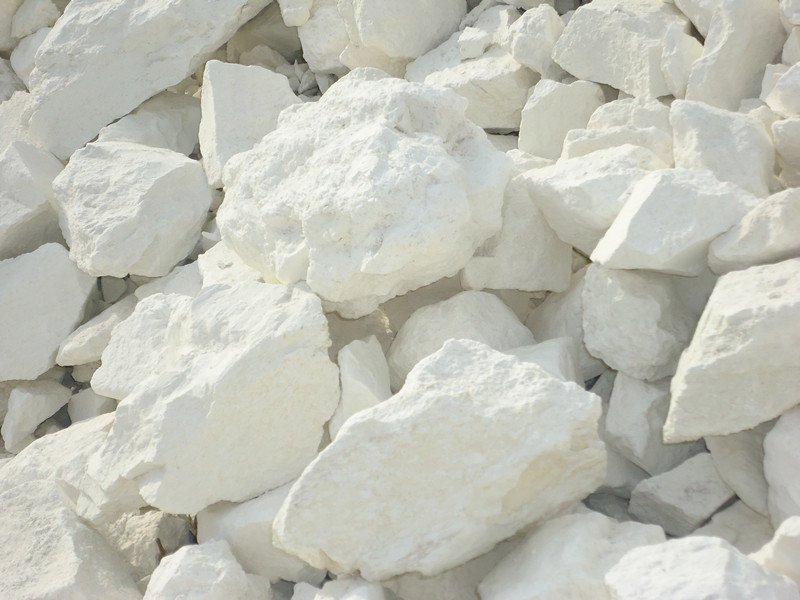
Kaolin, also known as China clay, is a common mineral found in many parts of the world. This white, powdery substance is derived from the mineral kaolinite, which is a type of clay that is formed from the weathering of rocks containing feldspar.
Kaolin is widely used in a variety of industrial applications due to its unique properties. It is an excellent filler material in paper, paint, rubber, and plastics, and is also used in ceramic, pharmaceutical, and cosmetic manufacturing.
One of the main advantages of kaolin is its ability to improve the durability and strength of materials. Its high degree of purity and small particle size make it an ideal material for use in paper coatings, where it can improve both print quality and opacity.
Another advantage of kaolin is its chemical stability. It is highly resistant to acid and alkaline substances, which makes it an ideal material for use in catalyst supports, which are used to speed up chemical reactions.
There are several different types of kaolin, each with its own unique properties and uses. Some of the most common types of kaolin include calcined kaolin, soft kaolin, and hard kaolin. Calcined kaolin is a heat-treated form of kaolin that is used in the production of ceramics and refractories. Soft kaolin, also known as white clay or China clay, is used in cosmetics and pharmaceuticals for its absorbent properties. Hard kaolin, on the other hand, is used as an industrial filler and in the production of rubber and plastics.
Overall, kaolin is a highly versatile material that offers a wide range of benefits in a variety of industries. Its unique properties make it an excellent choice for use in manufacturing and other industrial applications.
